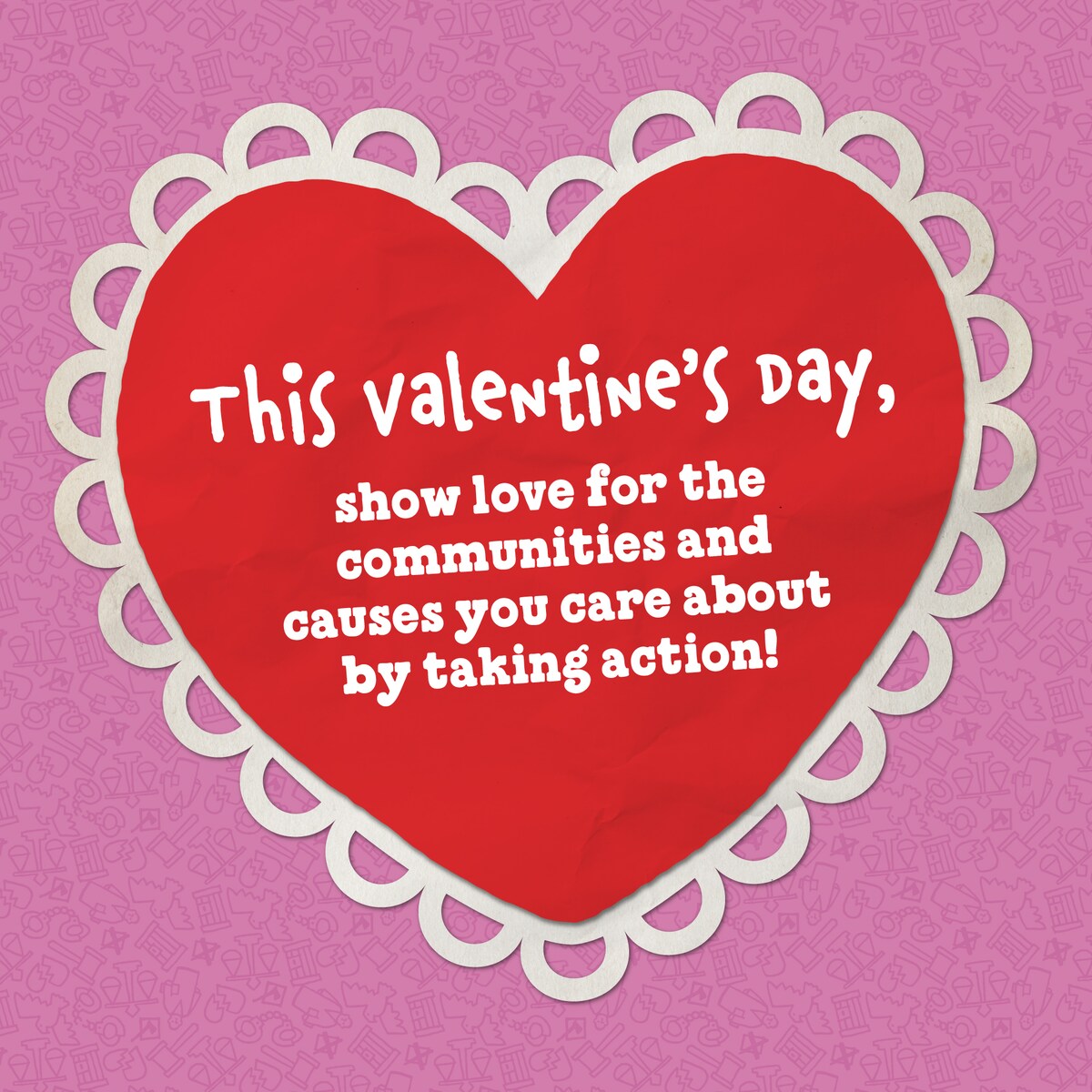April 1, 2021

Last May, former Minneapolis police officer Derek Chauvin kneeled on the neck of George Floyd for almost nine minutes. Floyd pleaded for his life. He called out for his mother. He said “I can’t breathe” 27 times. Chauvin kept his knee on George Floyd’s neck. Chauvin kept kneeling on Floyd’s neck until he was dead.
Floyd’s murder was a tragedy and an outrage, and it’s also part of a long history of police violence against Black and Brown people. It sparked widespread protests and an ongoing, long-overdue reexamination of policing and public safety in America.
Today Chauvin is on trial in Minneapolis. He’s been charged with second-degree manslaughter, third-degree murder, second-degree murder. We thought it’d be helpful to talk about what those charges mean and why this trial matters so much.
Take Action Now!
The Charges
First, we just have to say it: There’s no great outcome possible here. Nothing that happens during this trial will bring George Floyd back. But we believe it’s absolutely essential that Derek Chauvin be held accountable for what he did.
Let’s break down the three charges Chauvin is facing and what prosecutors must prove in each case for him to be convicted. The charges are considered separate, so Chauvin can be convicted of all, some, or none of them. Note that none of the charges requires prosecutors to demonstrate that Chauvin meant to kill Floyd that day.
Second-degree manslaughter:
For a conviction here, the state’s prosecutors have to prove beyond a reasonable doubt that Chauvin was “culpably negligent” and took an “unreasonable risk” with Floyd’s life when he restrained him and pinned him to the ground with his knee. This is the lightest charge; it carries a maximum sentence of 10 years, although Minnesota state guidelines call for something closer to four years.
Third-degree murder:
For a third-degree murder conviction, prosecutors have to prove that someone caused the death of another person "by perpetrating an act eminently dangerous to others and evincing a depraved mind, without regard for human life." In 2019, another Minneapolis police officer was convicted of third-degree murder—the only officer ever to be convicted of murder while on duty in Minnesota history. The third-degree murder charge was initially thrown out by the judge before being reinstated. It carries a maximum sentence of 25 years (10 ¾ - 15 years per state guidelines).
Second-degree murder:
For a second-degree murder conviction, prosecutors have to show beyond a reasonable doubt that Chauvin caused Floyd’s death while committing a felony, in this case assault. This is the most serious charge Chauvin is facing, with a maximum sentence of 40 years (10 ¾ - 15 years per Minnesota guidelines).
Before we go on, we should be absolutely clear: There’s a very real possibility that Derek Chauvin will face no repercussions for those nine minutes where he slowly took the life of George Floyd. In this country, we rarely hold police officers accountable for murdering people.
Police Misconduct
And that’s why we need to take a step back here, because the trial of Derek Chauvin is about more than Derek Chauvin. The American criminal legal system is on trial in Minneapolis. Will we see justice done? Or will a police officer once again escape accountability?
It’s important to understand that police in America kill way more people than their counterparts in other countries. A level of violence has clearly become acceptable here that just isn’t most anywhere else. And as a result, that violence is accompanied by very little accountability. When officers are arrested for misconduct, even when they’re captured on video assaulting or murdering people, they are rarely brought up on charges—and if they are, they’re hardly ever convicted. Police officers are prosecuted for murder in less than 2% of fatal shootings. Police kill about 1000 people a year, so how is it possible that just seven officers have been convicted of murder in police shootings since 2005?
Could better training help curb that violence? That’s what we often hear. But a lot of money has been spent by police departments in recent years on highly touted new programs covering things like de-escalation, mental health, and implicit racial bias—and results indicate that training alone is not the answer. The Minneapolis Police Department poured millions of dollars into that kind of training, and it didn’t prevent George Floyd from being killed by a white officer over a $20 bill. Black people are three times more likely to be killed by police than white people, so we need more than training. We need a transformation.
Blue Privilege
Police are given a lot of leeway, legally and socially, regarding the use of force and deadly violence while on the job. Officers usually argue, as Chauvin’s team already has, that they only acted to protect themselves from a perceived imminent threat. (But a perceived threat, such as one grounded in racial bias, isn’t necessarily an actual threat.) To gain a conviction, prosecutors have to convince jurors that officers accused of violence or murder acted unreasonably, beyond what a typical officer might have judged necessary in that situation. Because the laws have been written to largely protect police and the status quo, this isn’t, and hasn’t been, easy to do. But it doesn’t have to be this way.
The BREATHE Act
Activists in the Movement for Black Lives are showing us a new way forward. They’ve put together a plan that completely reimagines public safety and community health. The BREATHE Act is based on these four main ideas:
- Divest federal resources from incarceration and policing.
- Invest in new, non-punitive, non-carceral approaches to community safety that lead states to shrink their criminal-legal systems and center the protection of Black lives—including Black mothers, Black trans people, and Black women.
- Allocate new money to build healthy, sustainable, and equitable communities.
- Hold political leaders to their promises and enhance the self-determination of all Black communities.
It’s Time to Transform the System
As bold, necessary, and transformative as they are, none of the provisions in the BREATHE Act will bring back Michael Brown, or George Floyd, or Breonna Taylor, or Rayshard Brooks, or any of the Black and Brown people killed by the police—but, if implemented, they can prevent others from suffering a similar fate.
All of America is watching as the Derek Chauvin trial gets underway this week. We want justice to be done. We want justice for George Floyd and his family, we want it for his community and all communities of color. The jury must send a clear message, not just to Derek Chauvin and his former colleagues but to all officers of the law: It is unacceptable to harass, brutalize, and murder our Black and Brown neighbors, friends, and family. We can’t allow another person to die at the hands of police simply because they have Black or Brown skin.
No matter the outcome of this trial, we stand united on the side of justice. Let’s transform public safety today. Show your support for the BREATHE Act by contacting your congressperson and demanding change. Make sure they hear you. Let’s make sure they hear all of us.
Take Action Now!
Recent Articles


